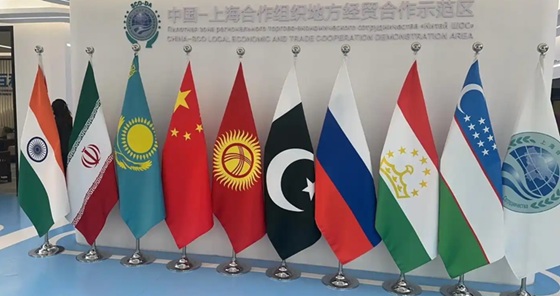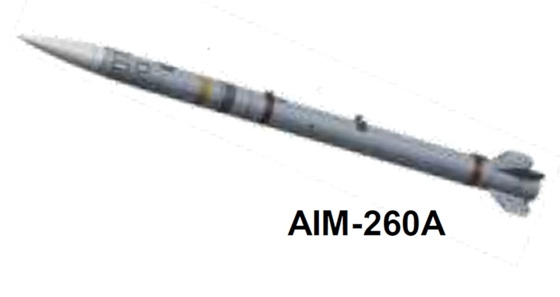The Indian Ministry of External Affairs announced today that Prime Minister Narendra Modi will embark on a high-stakes diplomatic tour to Japan and China from August 29 to September 1, 2025, showcasing India’s strategic maneuvering in a turbulent geopolitical landscape. The itinerary includes the 15th India-Japan Annual Summit in Tokyo and the Shanghai Cooperation Organisation (SCO) Summit in Tianjin, where Modi will face Pakistan’s Prime Minister Shehbaz Sharif amid tense India-Pakistan relations. These visits signal India’s multi-alignment strategy, balancing alliances, rivalries, and global leadership ambitions.
Japan: Forging a Stronger Alliance
On August 29-30, Modi will meet Japanese Prime Minister Shigeru Ishiba in Tokyo for the 15th India-Japan Annual Summit, his eighth visit to Japan as prime minister. The summit aims to deepen the Special Strategic and Global Partnership, focusing on defense, trade, and technology. Key discussions will likely advance Quad cooperation for a free and open Indo-Pacific, countering China’s regional assertiveness. Potential agreements include enhanced defense collaboration, such as amphibious aircraft deals, and infrastructure projects like the Mumbai-Ahmedabad High-Speed Rail. The visit signals India’s commitment to strengthening ties with Japan, amid strained U.S.-India relations due to new U.S. tariffs of up to 50% on Indian goods.
China and the SCO Summit: A Tense Stage with Pakistan
From August 31 to September 1, Modi will attend the SCO Summit in Tianjin, China, hosted by President Xi Jinping, marking his first visit to China since the 2020 Galwan Valley clash. Described as the SCO’s largest-ever summit, the event will include 20 world leaders, notably Pakistan’s Shehbaz Sharif, setting the stage for a high-stakes diplomatic showdown. The visit follows recent steps to stabilize India-China ties, including the October 2024 LAC disengagement and Chinese Foreign Minister Wang Yi’s visit to India earlier this week.
Modi is expected to push a strong anti-terrorism agenda, a core SCO priority, likely referencing the April 2025 Pahalgam attack. While the SCO Charter prohibits bilateral talks, Modi’s focus on cross-border terrorism will implicitly target Pakistan, putting Sharif on the defensive. Bilateral meetings with Xi Jinping and other leaders may address border peace, trade imbalances, and regional security, signaling India’s pragmatic engagement with China to maintain stability amid U.S. trade pressures.
Pakistan’s Role: A Flashpoint at the SCO
Sharif’s presence at the SCO Summit amplifies its significance, given the deep India-Pakistan rivalry. Pakistan, a close Chinese ally, leverages the SCO to bolster its diplomatic clout and push for regional trade, eyeing $15 billion in annual exports to Central Asian states. However, India’s terrorism agenda will challenge Sharif. China’s support for Pakistan, including through the China-Pakistan Economic Corridor (CPEC), which India opposes, may complicate India’s efforts to isolate Pakistan diplomatically. Sharif’s attendance signals Islamabad’s determination to project resilience and deepen ties with China and Russia. The Modi-Sharif dynamic at the SCO underscores the broader India-Pakistan-China triangle, with India navigating a delicate balance between confrontation and multilateral cooperation.
Strategic Signaling in a Shifting World
Modi’s dual visits send a powerful message of India’s strategic autonomy. The Japan summit reinforces India’s alignment with powers in the Quad, countering China while navigating U.S. trade frictions. The SCO visit, with Pakistan’s presence, signals India’s willingness to engage rivals in non-Western forums, hedging against U.S. pressures.
Key signals include:
– To China: The visit reflects India’s pragmatic approach to stabilizing ties, but Modi’s terrorism agenda may subtly critique China’s support for Pakistan, testing Beijing’s patience.
– To the U.S.: Engaging China and the SCO amid U.S. tariffs signals India’s pivot toward alternative partnerships, reinforcing its independence from Western blocs.
Opportunities and Challenges
The Japan visit is poised to yield tangible outcomes, from defense deals to infrastructure investments, strengthening India’s strategic posture. However, the SCO Summit faces hurdles: India-China mistrust persists despite recent progress, and Pakistan’s presence can affect the Indian agenda. Chinese skepticism about India’s dual Quad-SCO engagement, coupled with Pakistan’s alignment with Beijing, could limit India’s diplomatic gains. Additionally, the U.S. may view India’s SCO participation warily, complicating Quad dynamics.
Conclusion
Modi’s visits to Japan and China from August 29 to September 1, 2025, mark a defining moment for India’s foreign policy. The Japan summit cements a vital alliance, while the SCO Summit, with Pakistan’s Shehbaz Sharif in attendance, tests India’s ability to confront rivals. As Modi navigates alliances, rivalries, and global shifts, the outcomes of this tour will shape India’s role in Asia and beyond.
Discover more from Defence Talks | Defense News Hub, Military Updates, Security Insights
Subscribe to get the latest posts sent to your email.





